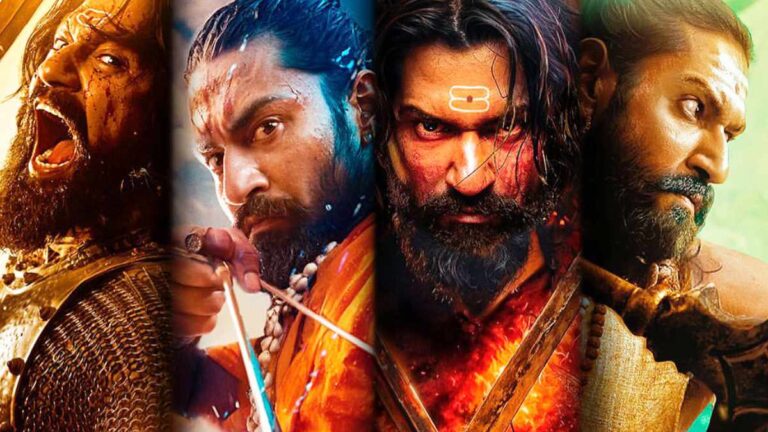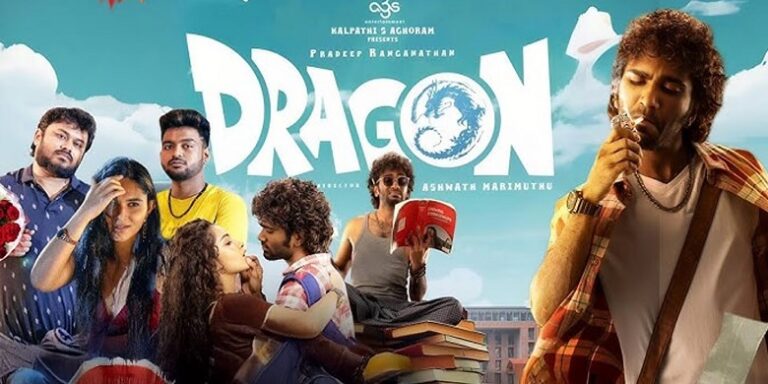
Introduction
Netflix’s Dark isn’t just a show; it’s an experience. Created by Baran bo Odar and Jantje Friese, this German sci-fi thriller takes viewers on an intricate journey through time, paradoxes, and the deepest recesses of human emotion. With its complex storytelling, haunting soundtrack, and unforgettable characters, Dark is often hailed as one of the greatest series ever made. But does it truly live up to the hype? Let’s dive deep into the enigmatic world of Winden.
The Plot: Time is a Circle
Dark begins with what seems like a simple premise: a young boy goes missing in the small town of Winden. However, what follows is a labyrinthine tale that spans multiple timelines, generations, and mind-bending paradoxes. The show expertly weaves together the past, present, and future, revealing how four interconnected families—Nielsen, Doppler, Tiedemann, and Kahnwald—are doomed to repeat history in an endless loop.
Unlike typical time-travel stories, Dark doesn’t rely on easy answers. It demands the viewer’s full attention, rewarding patience with mind-blowing twists. As the narrative unfolds, the show raises profound questions about fate, free will, and the cyclical nature of time itself.
Characters: Flawed, Complex, and Unforgettable
What sets Dark apart from other sci-fi dramas is its deeply human characters. Jonas Kahnwald (Louis Hofmann) is the tragic hero of this time-tangled saga, burdened with the knowledge that he may be the architect of his own suffering. Martha Nielsen (Lisa Vicari) undergoes one of the most compelling transformations, proving that love and destiny are more complicated than they seem.
The supporting cast is equally enthralling. From Ulrich Nielsen’s relentless pursuit of the truth to Claudia Tiedemann’s desperate attempts to break the cycle, each character brings their own emotional depth to the story. Even minor roles feel fully realized, adding to the show’s rich, immersive atmosphere.
The Cinematic Brilliance
Visually, Dark is a feast for the eyes. The muted color palette, atmospheric lighting, and eerie cinematography create a hauntingly beautiful experience. The show’s aesthetic perfectly mirrors its themes—bleak yet mesmerizing, tragic yet strangely hopeful.
The soundtrack, featuring haunting scores by Ben Frost and carefully selected tracks from artists like Apparat, enhances the sense of dread and melancholy that permeates the series. Every detail, from the set design to the symbolic use of the triquetra, is meticulously crafted, ensuring that each frame is dripping with meaning.
Complexity Done Right
Many shows attempt complex narratives but fail to deliver satisfying payoffs (cough Lost cough). Dark, however, manages to balance its intricate story without feeling convoluted or pretentious. It trusts its audience’s intelligence and rewards them with answers that feel earned, rather than forced. The series doesn’t just ask viewers to follow along; it dares them to think, question, and theorize.
The Ending: A Perfect Closure
Unlike many sci-fi series that fumble their finales, Dark delivers an ending that is both poetic and logical. Without giving too much away, the conclusion ties up loose ends in a way that feels deeply satisfying yet emotionally devastating. It’s rare for a show of this complexity to stick the landing, but Dark does it flawlessly, solidifying its place as a modern masterpiece.
Final Verdict: A Must-Watch
If you love intelligent storytelling, morally complex characters, and a plot that will have you questioning reality itself, Dark is a must-watch. It is not just entertainment; it’s an intellectual and emotional odyssey that lingers in the mind long after the credits roll.
So, if you haven’t already, step into the town of Winden—just be prepared to lose yourself in its mysteries.







